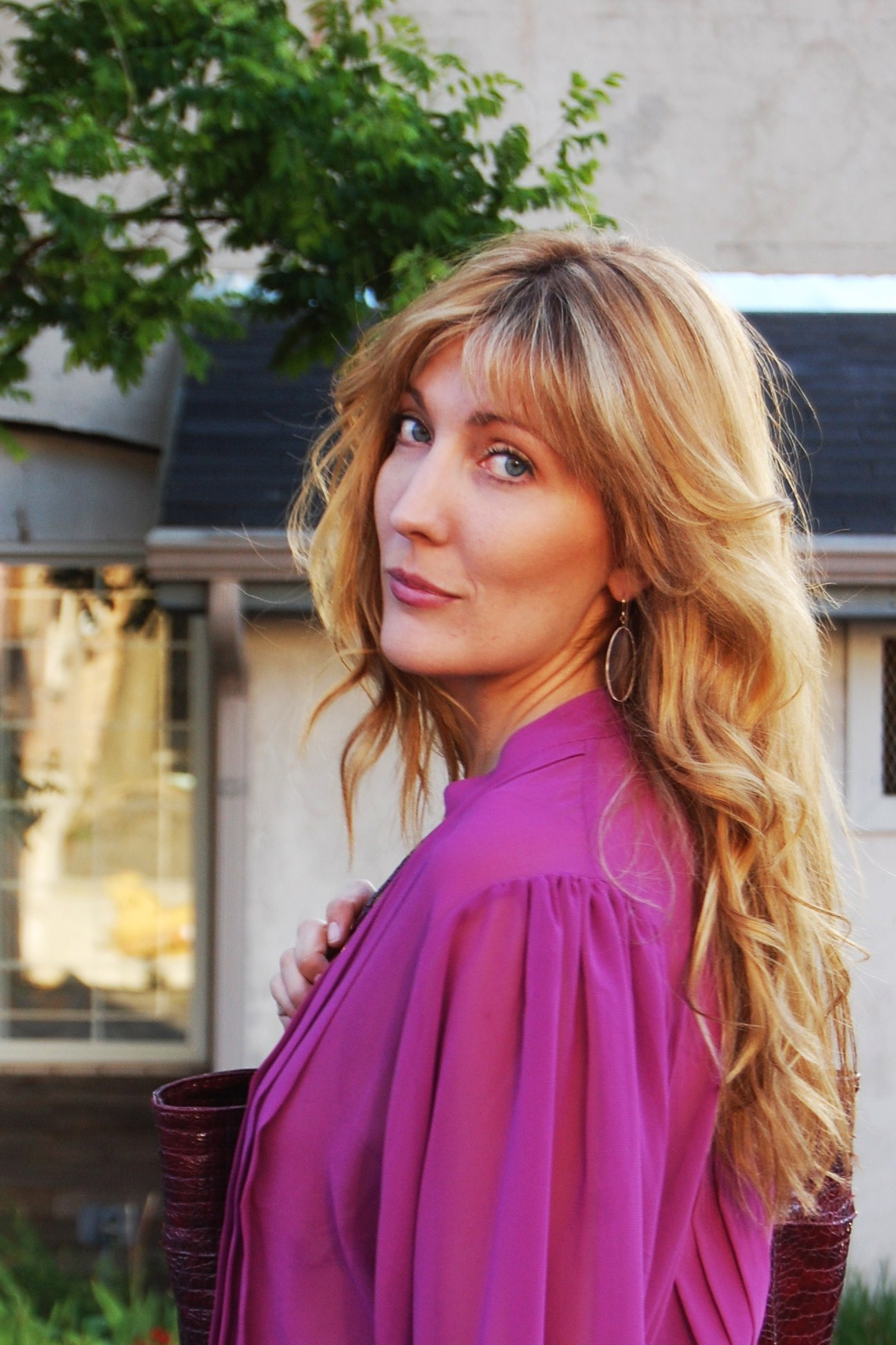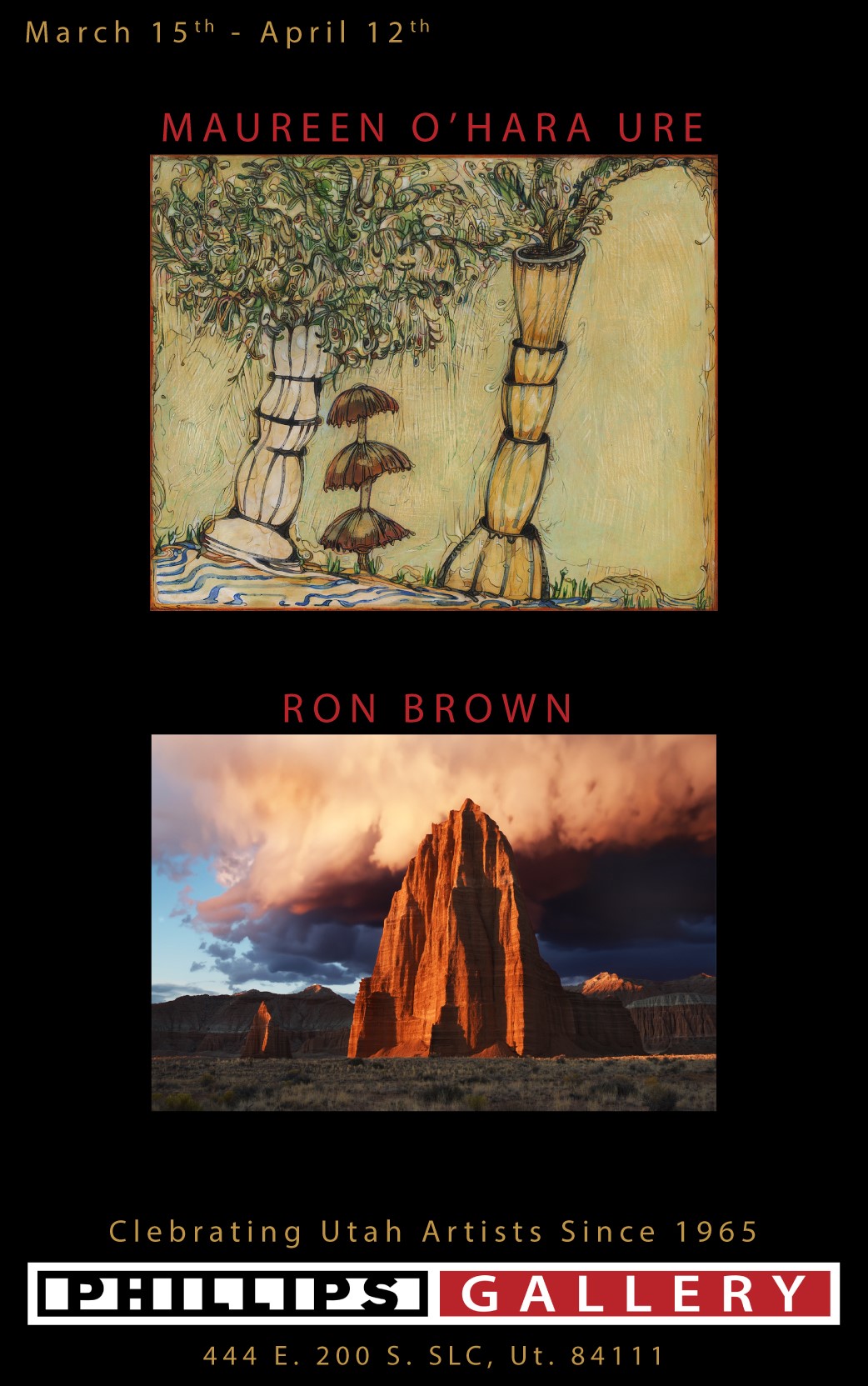Death in the Present
Katharine Coles’ The Earth Is Not Flat
Katharine Coles couldn’t trust her senses. On a grant from the National Science Foundation, she boarded a ship to cross the infamous Drake Passage, the world’s roughest crossing, to live in Antarctica. For the celebrated writer, it was a hunt for poetry and instability, a dislocation from ordinary life. But she also found fear, the raw edge of death, and amidst a sea of glacial mirage, Coles penned The Earth Is Not Flat.
The book witnesses her confrontation with uncertainty. “The whole ocean funnels . . . building upon itself,” she writes in “Drake Passage” and “Sailing to Antarctica.” “Nothing to stop it. . . . stairs falling underfoot or scaling to meet us.” It’s the kind of scene that generates inner battles, the threatening voices of what if.
Meanwhile, the ship
Is tearing itself
Apart, isn’t it, beam by steel beam; the ship is gnawing its own liver
And the sea is eatingIt’s heart out . . .
Vanishing, cry of shearwater and albatross wing knitting
You to sky; you are heightAnd depth and open mouth.
Coles thinks it’s a mistake to separate body from intellect. She engages in what she calls “passionate thinking,” being present in mind and body to a single moment. So when her poems include flashes of autobiography or past pain or longing, she refers to those lines as peripheral, even intrusions.
The glancing moments may come across as withholding, but Coles sees the past as insignificant in the face of the present, and generating instability may be a vehicle for approaching deeper interiority — from the side. “What I’m wondering,” she says in a phone call, “is whether physical danger helps me to manage vulnerability or displace it.”
Her metaphorical richness will strike readers. In “Walking the Glacier” she describes a raft of ice continually cracking into chasms around her.
Splitting. If I forget myself, I could
Become spectacular. Could throwMyself, whole hearted, into something
Or off.
Literally, the poem is about distraction, about attention acutely concentrated by threat. Lose focus, end up in a crevasse. “There would be something pretty spectacular about that,” she laughs, “so there’s that kind of spectacle.” But beyond the obvious, “spectacular is etymologically related to spectacles and speculum, inspection, the whole idea of looking and lenses and perception,” Coles says.
So while the downside of forgetting yourself may be death, the upside means the fear of judgment drops away; you could become transported, clear-eyed.
That physical and emotional interchange is repeated in “To Alice, the Beast Appears.”
You know
It’s apocryphal. You take one photoAfter another. Carved ice, blue
Water you must jump into, thoughYou’ll take years to get your nerve,
A day to stop chattering.
“If I’m writing well,” Coles says, “it’s always a really white-knuckled experience; excitement and fear coexist.” As a result, there seems to be a constant suggestion to readers that if we could only muster the courage to forget self and fear, our lives could be / / (fill in the blank with your own term).
The value of passion and questioning is that we turn off auto-pilot: spur unanticipated growth. Coles says it’s “one of the things that’s truly harrowing about being alive, and one of the great pleasures of being alive. That we, like everything else, are in constant flux.”
But why that level of willful risk? “It’s the practice of poems to work as hard as you can to come cheek by jowl with what can’t be known or articulated, which is also in a way to come cheek by jowl with your own limitations, your own mortality, the fact that you’re going to die.”
It troubled her family and friends. In “Reckless” she mused,
Maybe you want to feel all the places your heart can make itself known inside your body—a pulse, a flutter, an unexpected empty space. . .
Maybe your body too is a landscape constructed of displacement and mirage, pain generated one place but felt in another.
 Coles wants intellectual and emotional edge, seeks the full-bodied, full-minded experience of estrangement. “Sometimes even pushing the edge or the boundary, so that in a given moment we might be able to say a little bit more than we were able to say in the moment before. But what we’re still doing is coming right up against the edge of what can be articulated.”
Coles wants intellectual and emotional edge, seeks the full-bodied, full-minded experience of estrangement. “Sometimes even pushing the edge or the boundary, so that in a given moment we might be able to say a little bit more than we were able to say in the moment before. But what we’re still doing is coming right up against the edge of what can be articulated.”
Emily Dickinson did that without leaving home, Coles admits, and even recently she experienced that complete presence with a painting in London. But risk is an inescapable “vehicle for translocation.” It brings its own awe.
In the extremes of glacial morass, Coles shared perpetual daylight with creatures many of us will only see on screens. They are unfathomable and impenetrable, Coles says, but “I think you can know some things about their sentience simply from the way they interact with the world.”
In “Self-Portrait with Elephant Seal” she marvels at a seal on land who calls and calls, ungracefully, to those in the water and writes,
I’m just another clumsy mammal
Out of its element. TogetherWe share this moment in the sun, which is
Doorway, hinge, aperture to what
Neither of us will say.
“I’m always curious about what it is they’re experiencing in the same place and time that I am. I certainly can’t project or articulate that for them. I can barely articulate it for myself,” Coles says, pointing to an edge. But however clouded our perception, she’s clearly interested in the value we generate by naming something: an idea, an animal, an experience.
Her images are stunning, as in “Penguin and Human.”
Then one
Takes to the water and takes
Our breath—flight stitching wave to sky
Her pairings shorten the distance between us and them, as when she describes the Adélie Penguin’s apparent fear of darkness in “No Wonder.”
Think how
They feel, swimmingJust ahead of the night,
Which, someday, even they
Will not be able to outrun.
This haunting strain pervades the book and brings up the question of disconnection, of our own unreliability and the way we rewrite our experiences in retrospect, even lose what’s in front of us.
In “Self-Portrait as Erasure,” Coles compares losing the attention of her lover, “when you / Sink to where we cannot keep / Each other,” to a memory of chasing humpback whales, a memory that corresponds in no way with the videotaped experience.
I tell you, I can smell
The whale’s sigh even now, its whoosh
Of fish and heat. Why hold on to whatever
Really happened, when
Memory writes over every bit.
Our natural propensity to change, unintentionally, creates a striking parallel to her land of ghost-images, where the eye cannot be trusted.
So many “questions are raised by reflection and refraction and mirage,” Coles says. “You don’t know what you’re looking at. What you’re seeing—you don’t actually know if you’re seeing it. You don’t actually know if it’s present.”
“The question is not what you look at, but what you see. / The eye is not innocent, it is already committed,” she writes in the book’s one cento.
Coles returned home on the solstice. In one day, she passed “from the shortest to the longest day of the year.” It was unplanned and disorienting going from constant light into Utah’s “darkland.”
After one month in a landscape of frozen roiling, everything was different. No planning could predict such immensity, and in “Exit Interview” she writes,
Knowing the difference
Didn’t prepare me for the glacier’s face
. . .
or how the sea
Rolls over and back and takes
Us with it. I didn’t learn to leave
Myself behind.
. . .
I never expected the sunset
Would refuse to end long after I did.
“There is a sense in which I became available to bliss,” Coles says of how it changed her. “I’ve always been a pretty happy person, but this was something else. To be present to passion, to be present to the body, to be present to what I witnessed—called reality—in that intense way. I think it permanently changed me.”
“It may be that being present with death presents you with a choice,” she says. “You can decide to be present with life, which means also being present with death,” or numb out, live a half-life.
There’s joy we can’t experience without shadow, she argues in “Rumors of Topography.” It’s an intimacy we share with the earth, with “a land that seem[s] to be constantly erasing itself.”
For your pleasure, that show of light
The moment darkness descendsAnd threatens not to lift. For months, also
For your pleasure, the question: Where
Darkness ends and you begin.
Glaciers collapse, ice reforms, there is loss on a macro scale across the planet, on a micro scale as we transform.

Camille Pack teaches Language Arts at a private boarding school and received her MA in Literature and Writing from Utah State University.
Categories: Book Reviews | Literary Arts











